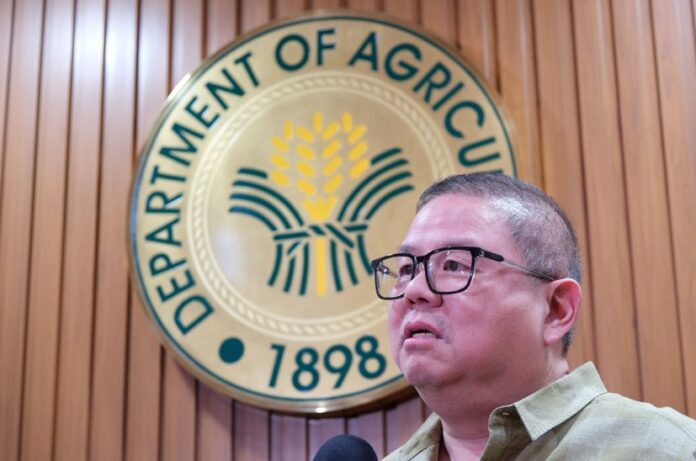The Philippines is prioritizing the protection of key agricultural commodities—rice, corn, sugar, chicken, fish, and pork—in ongoing tariff negotiations with the United States.
Agriculture Secretary Francisco Tiu Laurel Jr. said Sunday that both Trade Secretary Cristina Roque and Special Assistant to the President for Investment and Economic Affairs Frederick Go have assured him that “protecting our local producers” is the top priority.
This assurance comes amid reports that US President Donald Trump announced a deal granting a tariff rate of 19 percent on Philippine exports to the US while allowing American goods duty-free access into the Philippines. However, the Office of the President clarified that negotiations remain ongoing and no final agreement has been signed.
Go also emphasized that no concessions harmful to local producers have been made, adding that the government seeks to balance improved market access with the protection of Filipino farmers and workers.
Concerns have surfaced among local agricultural stakeholders, with the Federation of Free Farmers (FFF) calling for full transparency on the terms of the negotiations. The group cited conflicting statements from both governments—Trump suggesting broad market liberalization, while President Ferdinand Marcos Jr. indicated that zero tariffs would apply selectively to US goods such as wheat, soy, cars, and pharmaceuticals.
The Philippine Chamber of Agriculture and Food Inc. (PCAFI), which represents 48 agriculture industry groups, expressed cautious optimism. It noted the Philippines enjoys a competitive tariff advantage in Southeast Asia and supports zero tariffs on non-locally produced imports like wheat and soy, which are key components of animal feed. PCAFI urged continued protection for domestic producers while highlighting the potential trade benefits for exporters.
Both DA and PCAFI reiterated the need to protect food security and agricultural livelihoods as the government finalizes its trade deal with the US.







